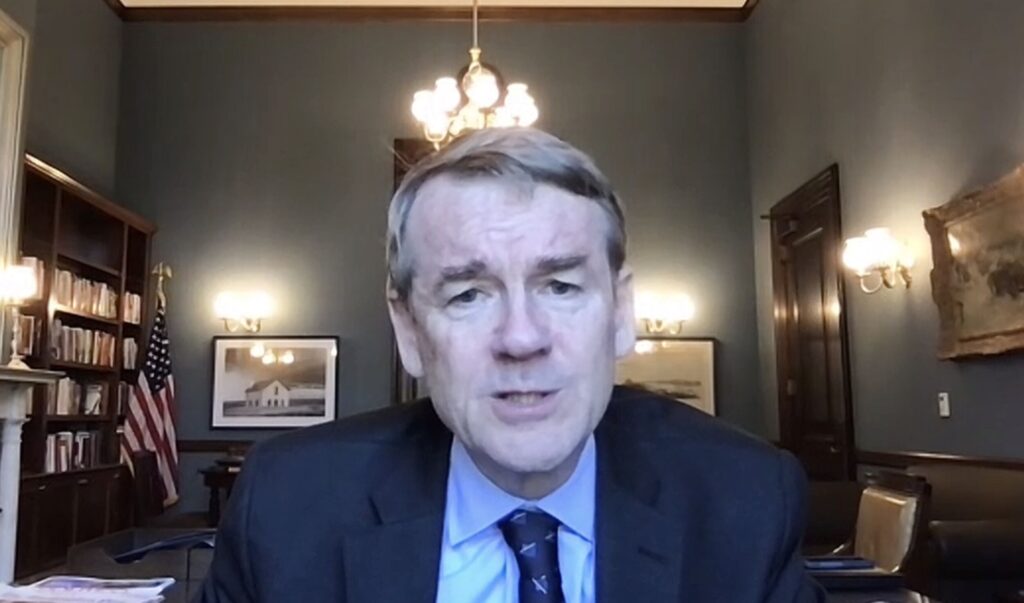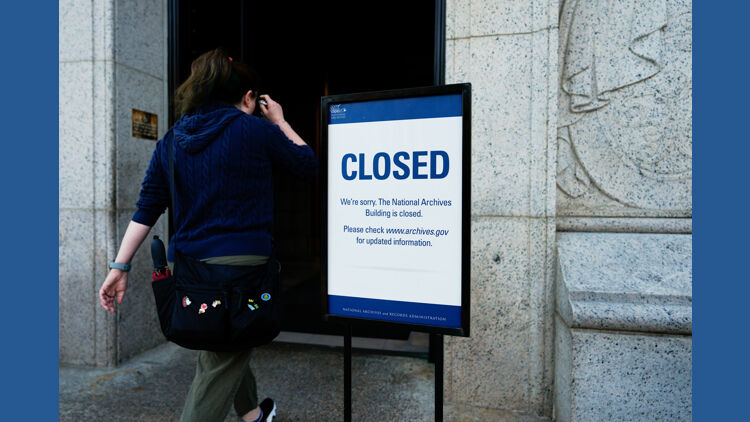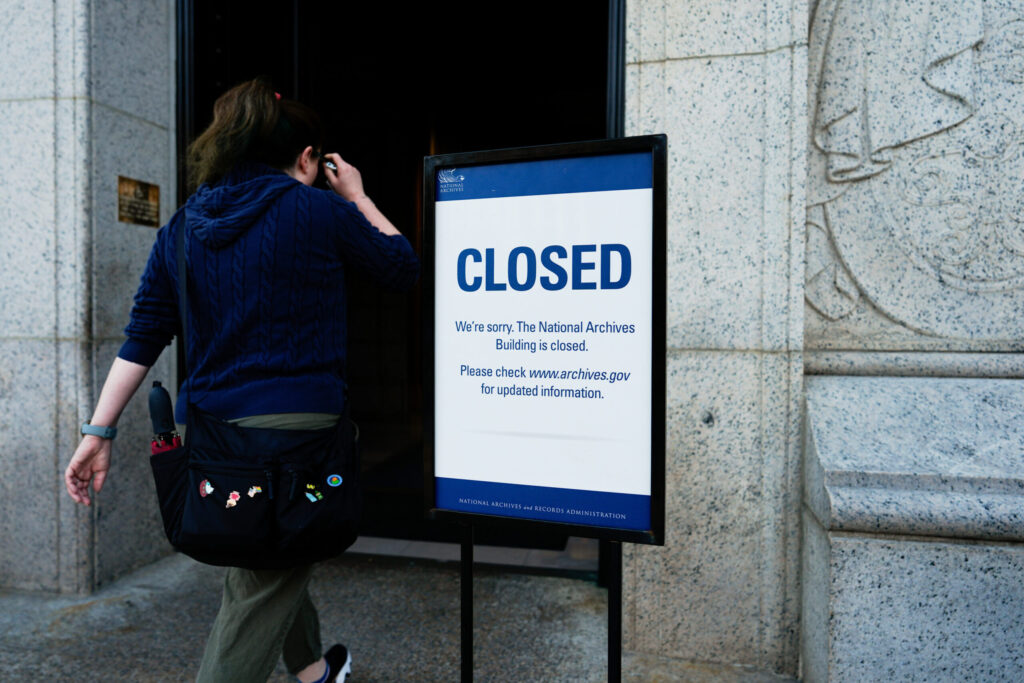State exchange could face tougher financial pressure
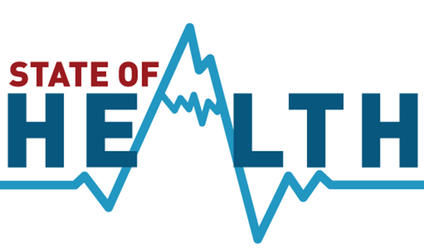
Is Connect for Health Colorado on solid financial footing? The next 10 months could be telling.
The exchange, a state-based marketplace for consumers to get health insurance, is going through its first year without new federal support. That means the exchange has to be on the path to self-support. But a budget document for calendar year 2016 shows it’s likely to run about $13.3 million in the red, and it gets tougher from there.
The exchange’s main sources of revenue are fees levied on those who buy health insurance through the marketplace, and fees imposed on private health insurance carriers. According to the budget approved by its board on June 1, the exchange will have to operate in 2016 at less than half of the money it had in 2015.
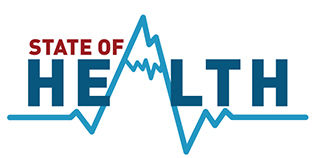
And that’s even with fees slated to rise substantially in 2016. The first fee is scheduled to go from 1.4 percent per policy to 3.5 percent per policy, beginning January 1. That’s paid for by consumers who buy health insurance through the exchange.
The second fee, paid for by private health insurance carriers, is scheduled to go from $1.25 per member per month to $1.80, also beginning January 1. The two fees make up the majority of the operating revenue for the exchange for 2016, with an expected total of $29.6 million.
But the private insurance carrier fee goes away at the end of 2016, unless renewed in the next legislative session by the General Assembly. That will be a tough sell in an election year, particularly with a Republican-controlled Senate that has not been a big fan of the exchange.
That fee originated with the state’s high-risk insurance policy, a little-used program called CoverColorado. After the Affordable Care Act went live in January 2014, state and federal high-risk policies were required to end a few months later, to allow time for those who were covered under those plans to switch to either the state-based or federal exchanges.
The General Assembly allowed the CoverColorado fee to continue to help fund the exchange, although it was substantially reduced from about $3.79 per policy, when it was under CoverColorado, to a limit of $1.80 per policy. The exchange lowered the cost to $1.25 for 2015.
The exchange’s budget document shows expected operating expenses in 2016 at $44.9 million, about $4.6 million short of their revenue projections. The budget also shows expected capital expenses of $8.7 million, though it doesn’t show any available revenue to cover that.
The budget document says it hopes to cover some of its expenses with grants, such as a $2.5 million grant submitted to the Colorado Health Foundation. Other revenue sources include Medicaid reimbursements from the Centers for Medicare and Medicaid Services, also expected to be at around $2.5 million.
Insurance plans sold through the exchange now cover 150,000 Coloradans, up about 25,000 in the past year. The average monthly premium in 2015 is $243 for an individual who does not need financial assistance. That’s down almost $40 per month from 2014.
For those who receive financial assistance, the average premium in 2015 is $160 per individual, about $30 higher than last year.
For 2016, however, the exchange budget says it needs to grow enrollment by 67,000 – and that means doing a better job of connecting with consumers.
The budget acknowledges the enrollment projections are “aggressive.” Achieving these targets “will require retaining our current customers and reaching and capturing under-served and hard-to-reach populations,” who need more individual attention and multiple contacts, the budget notes. “Success hinges on systems and processes working far better for consumers than they have in the first two open-enrollment periods.”
Exchange management acknowledged in April it would have to tighten its belt. At a presentation to the board, managers agreed the exchange could no longer rely on federal grants, such as the $6 million federal grant received in December 2014, which helped keep the exchange in the black this year. But the Affordable Care Act, which shelled out $4 billion in grants to states (including $183.7 million to Colorado’s exchange) made it clear exchanges would be on their own beginning in 2015. The exchange also had some unexpected costs and less revenue than anticipated, according to the presentation.
“Every year is critical,” according to Sharon O’Hara, who chairs the exchange board. “We are really committed to improving the customer experience, which will allow us to expand our customer base and improve our enrollment.”
The exchange will also have to face a more comprehensive state performance audit in the next year.
That comes in the wake of a limited audit in 2014 that found numerous problems with the way the exchange paid its bills. According to the audit, the exchange paid vendors and contractors without contracts, failed to comply with federal or contract requirements and, in some cases, made payments that were regarded as “unallowable or unreasonable use of federal funds.”
“I’m extremely comfortable with financial controls,” O’Hara told The Colorado Statesman, commenting on the 2014 audit. The exchange has been through more than a dozen federal audits in the past year, which she said confirms the organization is moving in the right direction. “I am more than confident those [financial] issues have been resolved.”
As to whether to ask the General Assembly to continue the private insurance carrier fee, O’Hara said the board hasn’t yet talked about that. The board wants to get more “into the year and look at our options.”
– info@coloradostatesman.com




